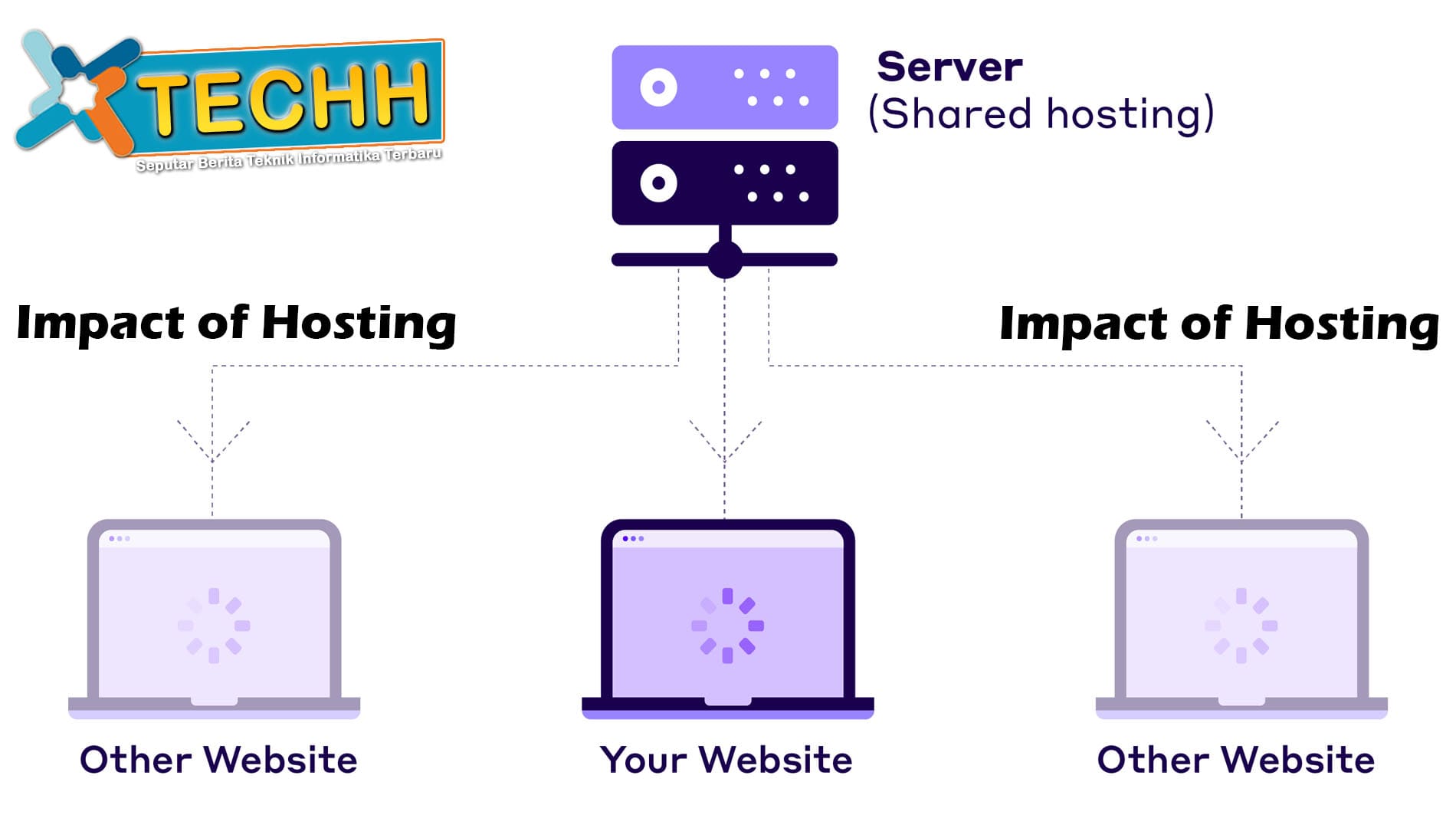Introduction
In the digital era, where websites serve as the primary interface between businesses and customers, the importance of web hosting cannot be overstated. Web hosting is the service that allows individuals and organizations to post a website or web page onto the Internet. We will explores the impact of hosting website performance and user experience, two critical factors determining a website’s success.
Website Speed and Performance
- Impact of Hosting on Speed: The speed at which a website loads is crucial. Hosting plays a pivotal role in determining this speed. A high-quality host provides better hardware, optimized servers, and dedicated resources, all contributing to faster loading times.
- Server Location: The physical location of servers can significantly affect website speed. Closer server locations to the user result in reduced latency and faster load times.
- Resource Allocation: Shared hosting can lead to limited resources, while dedicated or cloud hosting offers more resources and better performance.
Website Uptime and Reliability
- Server Reliability: A reliable host ensures high uptime. Website downtime can lead to significant losses in traffic and credibility.
- Backup and Security: Good hosting providers offer regular backups and robust security measures, protecting websites from data loss and cyber threats.
Scalability and Flexibility
- Handling Traffic Spikes: Hosting services must be capable of handling sudden traffic spikes without compromising website performance.
- Scalability Options: As a business grows, its website’s needs may change. Flexible hosting solutions allow for easy scaling of resources.
User Experience (UX)
- Direct Impact on UX: Website performance directly influences user experience. Fast, reliable websites provide a positive user experience, increasing engagement and conversion rates.
- SEO Implications: Search engines favor websites that load quickly and are reliable. Good hosting indirectly boosts SEO efforts by improving these factors.
Technical Support and Maintenance
- Support Services: Quality hosting services include excellent customer support to resolve technical issues swiftly.
- Ongoing Maintenance: Regular updates and maintenance by the hosting provider ensure optimal website performance.
The choice of web hosting significantly impacts website performance and user experience. Investing in quality hosting is crucial for any business seeking to establish a strong online presence. It affects everything from site speed and reliability to scalability and user satisfaction, ultimately influencing a website’s success in the digital marketplace.
The Role of Hosting in E-commerce Success
- E-commerce Requirements: For e-commerce websites, hosting plays an even more critical role. These sites require fast load times, high security, and the ability to handle large volumes of transactions.
- Payment Processing and Security: A secure and efficient hosting environment is essential for safely processing payments and protecting customer data.
- Downtime Impacts on Sales: Any downtime can result in significant revenue loss for e-commerce sites. Reliable hosting minimizes these risks.
The impact of hosting on Mobile Experience
- Mobile Optimization: With the increasing use of mobile devices, websites must be optimized for mobile users. Good hosting helps ensure that websites load quickly and efficiently on mobile devices.
- Responsive Design Support: Hosting services that support the latest web technologies allow for better implementation of responsive designs, crucial for a superior mobile user experience.
Advanced Technologies and Hosting
- Emerging Tech Integration: Modern hosting solutions are integrating technologies like AI, machine learning, and advanced caching mechanisms to improve website performance.
- Support for New Web Standards: As web standards evolve, hosting providers must keep pace, offering support for new languages, frameworks, and protocols.
Hosting and Global Reach
- Content Delivery Networks (CDNs): Hosting services that offer integrated CDN services ensure faster delivery of content to users worldwide, enhancing global reach.
- Localization and Performance: For global websites, localizing content and having servers in multiple regions can significantly improve performance for international audiences.
Cost Versus Performance Trade-offs
- Balancing Budget and Needs: While higher-cost hosting typically offers better performance, businesses must balance their needs with their budget.
- Cost-Effective Solutions for Startups: For startups and small businesses, there are cost-effective hosting options that still provide satisfactory performance and user experience.
Conclusion
The choice of web hosting has far-reaching implications for a website’s performance, user experience, and overall business success. From e-commerce to mobile optimization, and from incorporating advanced technologies to ensuring a global reach, hosting remains a cornerstone of a robust online presence. As the digital landscape evolves, the role of hosting in shaping website performance and user experience will continue to grow, underscoring its importance in the digital age.





